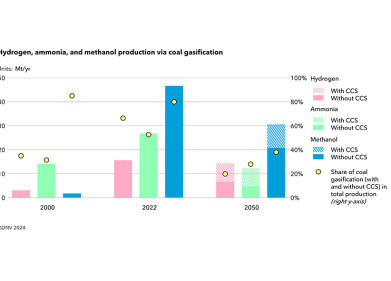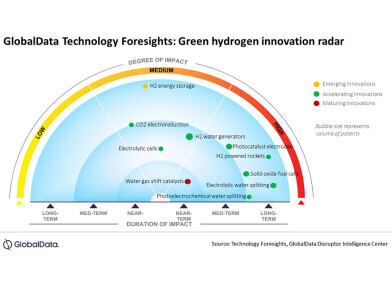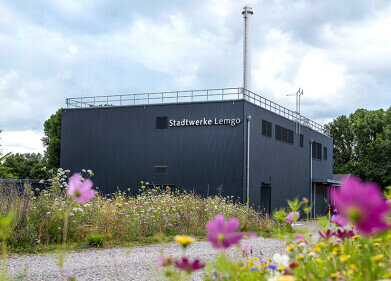Green Energy
How Have World Leaders Given Green Energy Research a $20 Billion Boost?
Jan 08 2016
World leaders from 20 of the biggest economies across the globe have pledged to double investment into green energy from $10 billion to $20 billion over the coming five years. The announcement came just days before the COP21 climate talks in Paris and coincides with a similar declaration by business tycoons such as Bill Gates and Mark Zuckerberg.
The project, dubbed Mission Innovation, will seek to “accelerate clean energy innovation and address global climate change, provide affordable clean energy to consumers with a special focus on the developing world in creating commercial opportunities for creating clean energy in developing countries,” according to chief White House advisor Brian Deese.
A Concerted Global Effort
The 20 countries comprise the biggest emitters of carbon and other contaminants, the most advanced research and development structures into clean energy and the most developed economies across the world.
In full, the list of participating countries is: UK, USA, China, India, Canada, Australia, France, Germany, Chile, Brazil, Italy, Indonesia, Saudi Arabia, South Korea, Japan, Norway, Mexico, Sweden, Denmark and the United Arab Emirates. Notably, the United States has promised to cover half of this total fee, according to White House sources.
Meanwhile, leaders of the business and technology world such as Microsoft’s Bill Gates, Amazon’s Jeff Bezos and Facebook’s Mark Zuckerberg announced their own intentions to invest heavily in green energy through a consortium of billionaires known as the Breakthrough Energy Coalition.
“We are committed to doing our part and filling this capital need by coming together in a new coalition,” a statement on the Coalition's website explains. “We will form a network of private capital committed to building a structure that will allow informed decisions to help accelerate the change to the advanced energy future our planet needs. Success requires a partnership of increased government research, with a transparent and workable structure to objectively evaluate those projects, and committed private-sector investors willing to support the innovative ideas that come out of the public research pipeline.”
Evolution through Innovation
Technological advances have already played a huge part in current renewable energy generation methods. Solar power has become far more efficient, affordable and attractive to the common man in recent years, while wind farms and offshore wave turbines are becoming ever more sophisticated and powerful as research goes on.
Meanwhile, the adoption of biofuel and energy from waste (EfW) could provide another method of clean energy generation. An independent study has found that EfW technologies could provide as much as half of Britain’s renewables target by 2020, depending on the availability of fuel stock and the willingness of the government and private and public companies to invest in the venture.
On the other hand, Gates and many of his associates are known supporters of nuclear energy. While nuclear fusion remains a source of energy that is neither renewable nor 100% clean, it does offer huge potential benefits with zero carbon emissions, making it an incredibly attractive proposition.
Hopefully, a combination of all of these technologies, fuelled by significant investment from governments and private entities, will prove to be enough to counteract the damaging effects of climate change and keep us under the 2°C threshold.
Events
Apr 24 2024 Sao Paulo, Brasil
May 05 2024 Seville, Spain
May 13 2024 Munich, Germany
May 23 2024 Beijing, China
May 23 2024 Beijing, China














